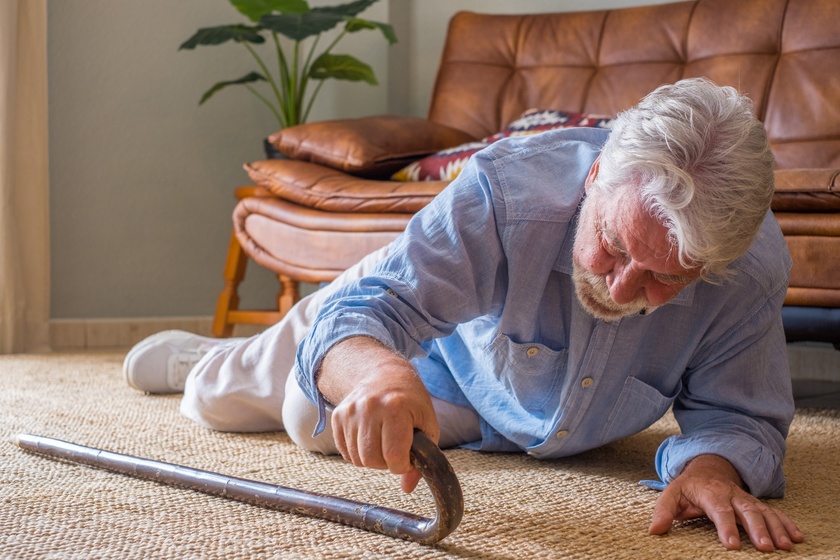Particularly for retirement-age individuals, falls are a serious matter. Even if injuries do not occur, the fact that they fell could be a warning sign. Falls and injuries are more likely to occur when certain underlying issues are present. To improve the situation and be proactive, your loved one should be checked out by a doctor after a fall. A medical assessment will be in order.
Here, we are going to take a look at some tests to ask a doctor about if your aging loved one has experienced a fall.
Get Referrals for Home Safety, Podiatry, and Vision
These services may be of great assistance to your loved one and, since you’re at the doctor’s office anyway, you may want to ask for a referral. Did they fall because their home is unsafe? Might they need podiatry care or a vision check to better prevent another fall from occurring?
Check For Underlying Neurological Conditions or Heart Conditions
After a fall, acute types of illnesses are commonly a concern. But chronic conditions differ from these. A chronic problem with the blood pressure system or the heart has, in some cases, been the cause of a fall. As an example, a person’s heart will race if they are experiencing proximal rapid atrial fibrillation. Additionally, Parkinson’s disease and other new chronic neurological conditions could have developed.
Check Level of Vitamin D
Falls can occur in older adults having a low vitamin D level. Fragile bones can also result from not having enough vitamin D.
Evaluate Balance and Gait
The way your loved one walks should be observed by the doctor. Balance and gait issues may be caused by some things including discomfort and/or pain. Is an assistive device needed for mobility?
Review Medication
The risk of falls in older adults can be increased by certain medications. There is a possibility that the medication they are currently taking needs to be eliminated or, at the very least, reduced. Anticholinergic medications, diabetes and blood pressure medications, and sleeping medication/tranquilizers/sedatives could be the guilty party.
Get Blood Tests
After a fall, your loved one’s doctor should perform a blood test. Sodium may be too low or too high, kidney function should be checked, electrolytes, CBC, etc.
Check Pulse and Blood Pressure Reading
If you’re worried about near falls and/or falls where your loved one is concerned, this is of particular importance. It’s associated with fainting, lightheadedness, etc. Sometimes, when people stand up, their blood pressure drops, causing fainting, lightheadedness, a fall, and more.
Assess for Underlying Illnesses
For general feelings of unwellness, delirium, or generalized weakness, this is an important assessment. Issues that may be at least partially to blame for a fall can include the following:
- Mini strokes (TIAs) or strokes
- Atrial fibrillation and other heart problems
- Pneumonia
- Anemia
- Dehydration
- UTI (urinary tract infection)
Trust Rittenhouse Village At Northside To Create a Safe Environment for Your Loved One
At Rittenhouse Village At Northside, your loved one will be in the presence of a caring professional medical team 24/7. The health and safety of our residents matter greatly, which is why we promote health and wellness platforms such as those available through our Dimensions Health and Fitness program. Important aspects of life involving emotional, social, intellectual, medical, spiritual, and physical wellness are explored. Educational opportunities, exercise classes, spiritual gatherings, and more are included in the program.
If you’d like some information about our community, schedule a tour to see in person what we have to offer.







